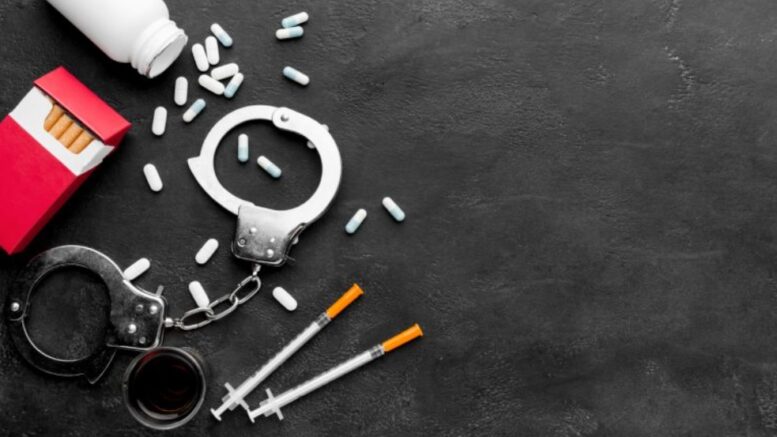Drug addiction is a challenging and multifaceted issue that impacts not only the addict but also their loved ones. For everyone involved, the drug treatment process may be a trying time, particularly if someone you care about is going through it. To encourage your loved one through this process and aid in their successful recovery, there are numerous things you may do. A broad spectrum of therapies and treatments are utilized during the drug rehab process to aid patients in overcoming their addictions. Detoxification, counseling, behavioral therapy, medication-assisted treatment, and aftercare assistance are a few examples. The objective is to assist people in long-term recovery and enhance their general health and well-being.
Understanding addiction and the rehabilitation process
Learning about addiction and the rehab procedure is the first step in assisting your loved ones through the drug rehab process. You can provide them with effective assistance if you are aware of the nature of addiction, its causes, and the numerous treatment choices that are available. There is a wealth of information available on addiction and the journey to recovery, both online and through addiction centers located in your vicinity, such as IOP Cincinnati Ohio. These centers offer assistance to individuals and their loved ones who are seeking support. To understand the complexities involved, you must also speak with a medical expert or addiction specialist.
Be supportive, accepting, and understanding
Throughout the treatment process at various centers like Anchor Addiction in Chillicothe, Ohio, you are advised to be empathetic and supportive of your loved one. This entails paying attention to their worries, offering them emotional support, and being available to them whenever they need you. As the rehabilitation process might be a lengthy and challenging journey, you might also need patience and understanding.
Counseling and therapies
Peer support groups and 12-step programs can be beneficial throughout the healing process. These organizations may employ a range of strategies to encourage sobriety.
Various forms of therapy include:
- Cognitive-behavioral therapy helps people recognize and change mental processes that are associated with substance misuse.
- Multidimensional family therapy: The goal of multidimensional family therapy is to enhance family functioning in the presence of a teen or adolescent with a substance use disorder.
- Motivational incentives that promote abstinence through positive reinforcement and motivational interviewing increase a person’s willingness to change and make behavioral adjustments.
Rehabilitation programs:
- Short-term residential treatment: This observes detoxification and prepares a person for a longer length of time in a therapeutic community through rigorous counseling.
- Therapeutic communities: For six to twelve months, a person receiving long-term therapy for a severe type of addiction condition would reside in a home with staff members who worked there and other people who were in recovery. Recovery from drug use and modifications in attitudes and behaviors related to drug use are significantly influenced by the community and personnel.
- Recovery housing: This kind of accommodation provides a brief, supervised stay to help clients get used to new obligations and a life without ongoing substance use. Rehabilitation housing connects a person in the latter phases of rehabilitation with community support services and offers help managing finances and obtaining employment.
Self-help groups:
Self-help groups and meetings assist the recovered person to connect with others facing similar issues. They share their stories and troubles, which increases motivation and lessens feelings of loneliness. Such meetings can be a great resource for community, education, and information. If someone is battling a different kind of addiction, they can look out for nearby self-help groups online, get in touch with them, or ask their doctor or nurse for referrals.
Create boundaries
Setting appropriate limits is crucial when helping a loved one get through recovery; this includes avoiding bars and clubs, friends with drug addiction, exercising caution while using prescribed drugs, etc. Make yourself available to recognize and appreciate each step your loved one takes toward leading a healthy and sober life because recovery is a long and difficult path.
Supporting your loved ones during the drug treatment process can be difficult; however, you can assist them by being knowledgeable, showing support and understanding, and encouraging positivity.
